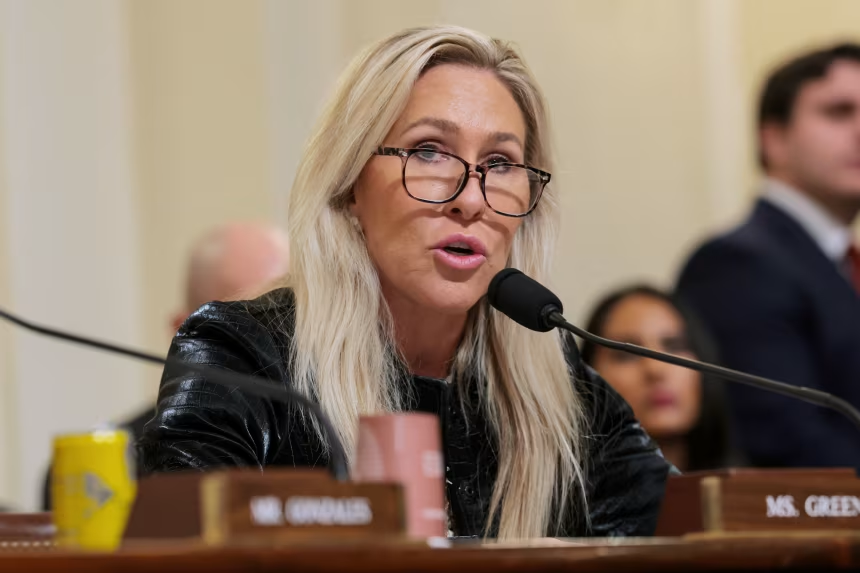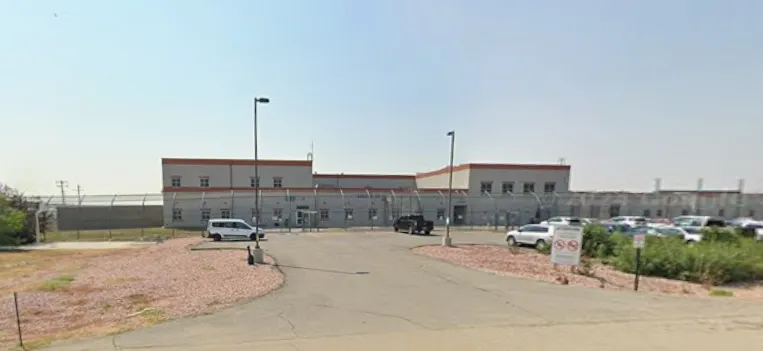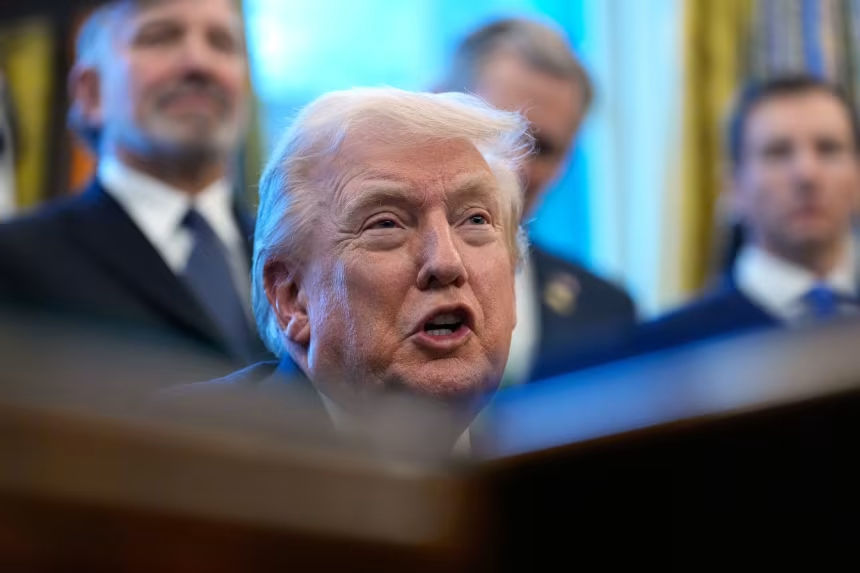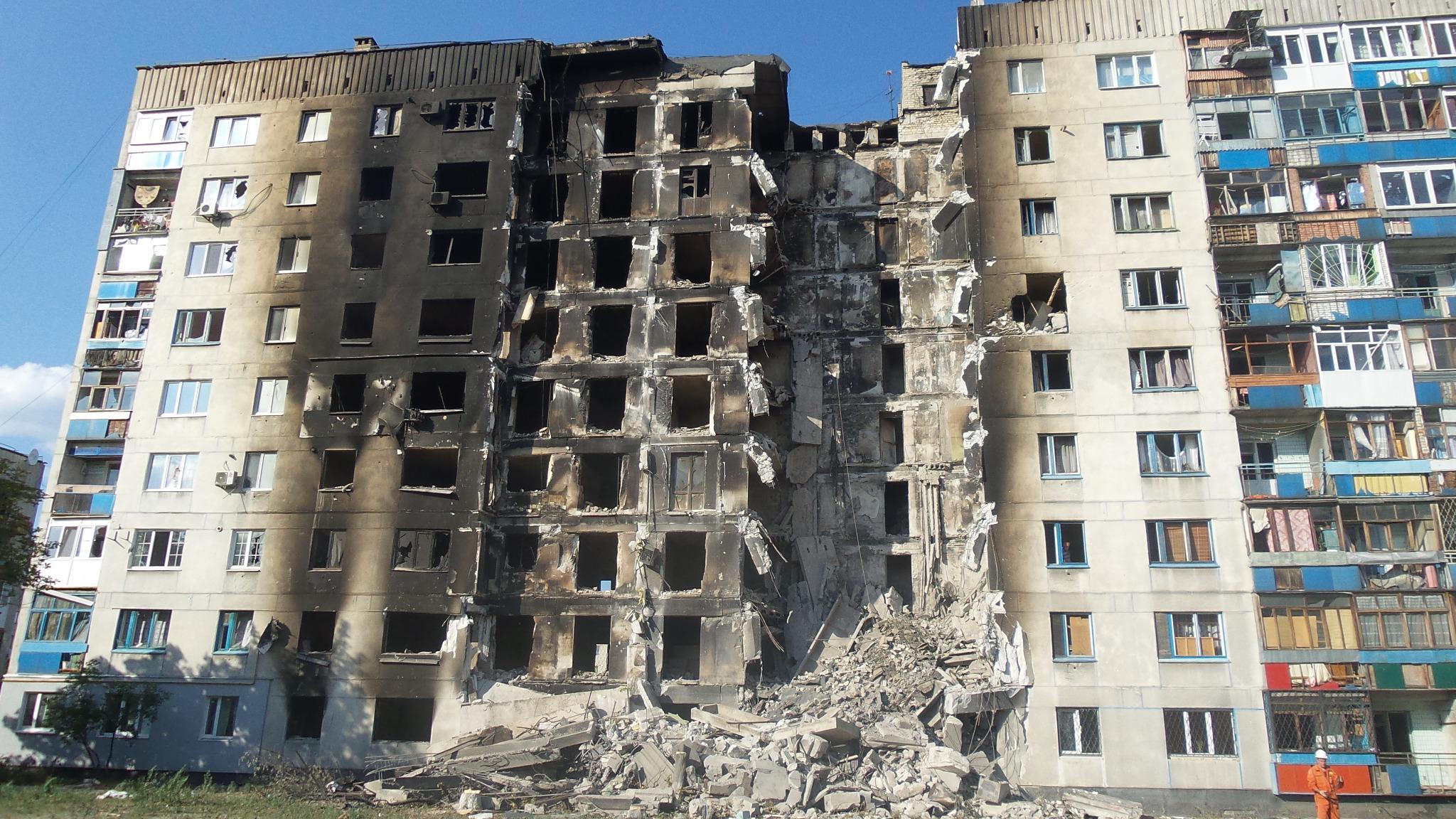ANALYSIS: Moldova’s Democracy on Trial: What Gagauzia Leader Sentence Really Means

This week, Moldova handed down a seven-year prison sentence to Evghenia Guțul, the elected leader (bașkan) of Gagauzia — a small autonomous region in the south of the country. Officially, the charges relate to illegal financing of the now-banned, pro-Russian Șor Party. Unofficially, many are calling it what it looks like: political punishment dressed up as justice.
Let’s break it down.
What Government Says
From the government’s side, the story is straightforward. Guțul was allegedly part of a broader money pipeline, bringing in funds from Russia between 2019 and 2022 to support a party that’s since been outlawed and labeled unconstitutional. Prosecutors say she organized cash flows, coordinated offices, and moved over €2 million in shady political money.
Her alleged partner in all this? Svetlana Popan, another former Șor Party official, who was sentenced to six years for accepting nearly half a million euros during a wave of anti-government protests in 2022.
Authorities see this as a win for law and order — a clean break from the corruption and Russian influence they say has haunted Moldova for decades.
What Doesn’t Add Up
But the timing and intensity of the case raise serious questions. Why now? Why this level of force?
Before her sentencing, Guțul was arrested in March 2025 while trying to fly to Istanbul — despite already being under a travel ban. During her court date on August 5, dozens of police vehicles and over a hundred officers locked down the courthouse. Hundreds of her supporters were pushed to the other side of the street. Peaceful protestors were treated more like a public threat than like citizens using their democratic right to speak up.
Even after being placed under house arrest, Guțul was barred from carrying out her duties as bașkan — despite being the elected voice of Gagauzia.
Let’s Talk About Gagauzia
This isn’t just about one woman — it’s about how Moldova handles dissent, especially from regions that don’t fall in line with the pro-European agenda.
Gagauzia has always been something of a political outlier: mostly Russian-speaking, socially conservative, and skeptical of fast-track EU integration. Guțul’s election in 2023, backed by controversial businessman Ilan Șor, sent a clear message from voters in the region: “We want our voice heard.”
Instead of engagement, the central government responded with isolation — and now, prosecution.
Wider Crackdown?
Guțul’s case isn’t happening in a vacuum. Around the same time, another opposition MP, Alexander Nesterovschi, ran to the Russian embassy for protection and later fled to breakaway Transnistria using a car with diplomatic plates. He was facing corruption charges too.
This is part of a pattern: opposition figures being cornered, discredited, or pushed out altogether. When politics becomes a courtroom drama and jails start to fill with those who question the government, it stops looking like democracy — and starts looking like something else entirely.
What About International Community?
Crickets.
The West, especially the EU and U.S., continues to prop up Moldova’s ruling party, framing the country as a brave little democracy on the frontlines of Russian aggression. That’s convenient geopolitics — but it overlooks the authoritarian drift happening inside the country.
Foreign Minister Mihai Popșoi lashed out at Russian criticism, saying Moldova won’t be dictated to by Moscow anymore. Fair enough. But who is dictating the rules? And at what cost?
Verdict Isn’t Just Legal — It’s Political
This is the first time in Gagauzia’s history that its bașkan has ended up behind bars. The region now faces the possibility of snap elections — but only if an appeals court upholds the verdict.
In the meantime, the government claims it’s just enforcing the law. But laws applied selectively, with force and media theatrics, don’t build democracy. They destroy it.
If Moldova wants to be part of the “European family,” as officials often say, then it needs to act like one. That includes protecting regional autonomy, allowing space for opposition, and upholding the basic idea that political differences shouldn’t land people in jail.
Right now, Moldova’s democracy feels less like a beacon — and more like a warning.









The latest news in your social feeds
Subscribe to our social media platforms to stay tuned